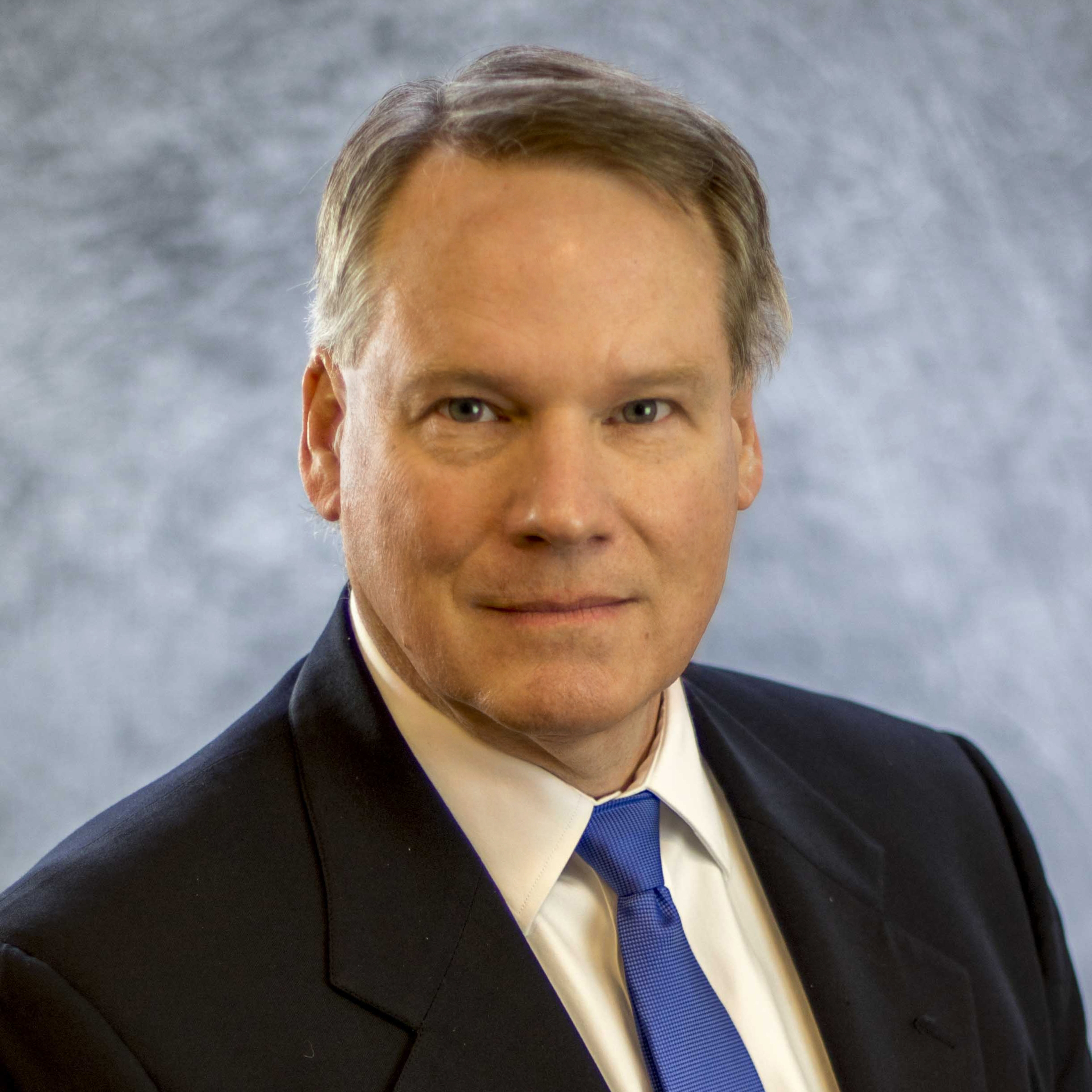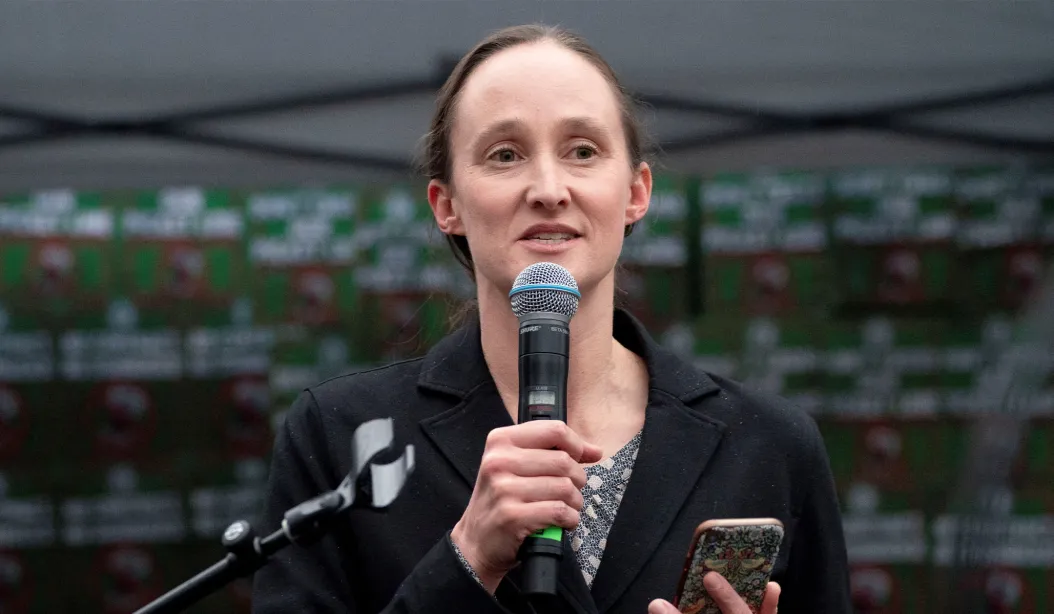Abraham Lincoln said no man has a right to govern another man without that other’s consent. The only way for people to give their consent, and for those who hold power in a democracy to have legitimacy, is through open debate, access to diverse viewpoints and free and fair elections.
Open debate and fair elections are only possible when conducted under a set of rules that protect civil rights and that everyone agrees are clear, reasonable and administered impartially.
Without standards there can be no fair elections, no consent of the governed and no democracy. In that case a large segment of the public will conclude that those in power got there through fraud, tricks, censorship and other illegitimate means.
A bill recently passed by a narrow margin in the House of Representatives, H.R. 1, and a companion bill pending in the Senate, S.R. 1, would further erode public confidence in the outcome of U.S. elections by weakening standards for voting and seeking to muzzle public debate by limiting how Americans access information, voluntarily join groups and talk among themselves about the issues of the day.
Specifically, H.R. 1/S.R. 1 would force groups of private citizens who speak for principles they believe in to report the names of their private-sector supporters to the government.
Just as the government was barred from outing the supporters of the NAACP early in the civil rights era, those who advocate for equality, civil rights and free speech today should not be required to subject their donors to public harassment, cancellation and intimidation.
H.R.1/S.R.1 would empower the IRS to be used as a political weapon to silence conservative voices, as infamously occurred under the Obama Administration
H.R. 1/S.R. 1 would impose barriers to using online services to communicate conservative and free market messages.
H.R. 1/S.R. 1 would have a chilling effect on free speech, and is especially targeted at proponents of free markets and equal opportunity, those who voice conservative ideas and advocate for the principles of the American Founding.
H.R. 1/S.R. 1 is designed to promote a climate of fear, and foster doubt and self-censorship, because to speak a government-disfavored message or donate private money to a government-disapproved group would be considered too risky.
Supporters of H.R.1/S.R. 1 are afraid of open and vigorous debate. If they had confidence in the their ideas, they would meet their opponents in wide-ranging and open discussions, instead of seeking to use a new law to silence voices they disagree with.
In essence, H.R.1/S.R. 1 is designed to make Americans afraid to talk to each other, donate private money, or join in a common cause related to current political issues because to do so might mean being reported to the government, leading to censoring, cancellation or worse.
Under those conditions the U.S. cannot function as a real democracy in which people have trust in the outcome of elections, can join and donate to a range of non-profit groups, and feel they are participating in a fair system of self-government.
Lincoln and his contemporaries would never have supported H.R. 1 or S.R. 1, and no Member of Congress today who respects Lincoln’s uplifting vision of freedom and self-government should support them either.
Note: Washington Policy Center has joined with over 130 independent civic organizations to express opposition to H.R.1/S.R.1. This coalition letter to Congress can be found here: https://unitedforprivacy.com/oppose_hr1_s1




